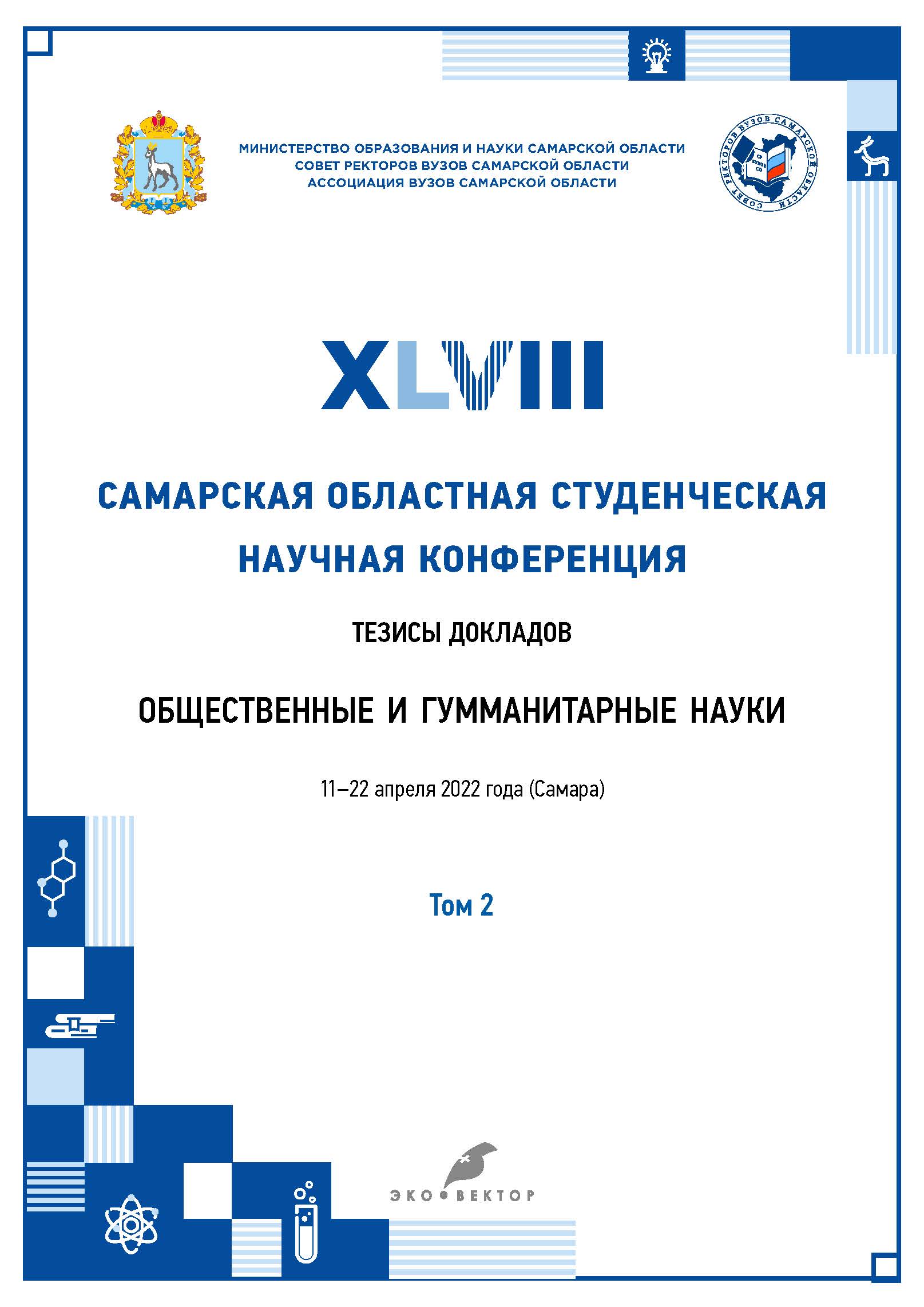The impact of aviation on the environment
- Авторы: Prokofeva A.A.1, Davydova S.O.1
-
Учреждения:
- Samara National Research University named after S.P. Korolev
- Выпуск: Том 2 (2022)
- Страницы: 204-204
- Раздел: Иностранный язык в области профессиональной коммуникации
- URL: https://journals.eco-vector.com/osnk-sr/article/view/107812
- ID: 107812
Цитировать
Полный текст
Аннотация
Justification. Aviation plays an important role in our life. On the one hand it provides various benefits for humanity. On the other as some people think it makes a lot of damage to ecology. In this paper the latest developments in aviation as ecologically free industry were considered. Nowadays people pay a lot of attention to make our planet greener.
Aim. The aim of the research is to find out ways how can aviation decrease damage to the environment.
Methods. We interviewed students and teachers of Samara University on how aviation industry affects the ecological situation. The most popular answer was polluting the atmosphere, also noise pollution, changing the landscape were mentioned. Based on these responses we found out what had been done to decrease the damage.
Results.
- Aircraft construction materials and technological sophistication — if we use lighter material, increase aerodynamic characteristics and make an airplane more technologically sophisticated, the less fuel it will use.
- Aircraft operations — the less time an aircraft spends taxiing or idling on the ground and the more direct routing a flight can take, the less fuel it will use. Restricted or congested air space, adverse weather, congested airports, and inefficient ground operations can all result in increased emissions.
- New types of aircraft — more ecological friendly. They use electric power or hydrogen combustion. Also, it can be a hybrid. When we need more power, we use kerosene and at the cruise speed electricity can be used.
- Reduction of the maximum noise level. International Civil Aviation Organization policy on the issue of aircraft noise provides for the development of measures to mitigate acoustic pollution: to make high noise standards for new models of aircraft, the introduction of noise reduction technologies, ground planning (e.g. night flight bans).
Conclusions. According to our research, we would like to say that aviation is an industry with great potential. During the last 20 years it made a leap in development. A lot of engineers all over the world made their priority to increase the quality of airplanes to reduce the negative impact on the ecology. We need to make more investigations in this industry.
Ключевые слова
Полный текст
Justification. Aviation plays an important role in our life. On the one hand it provides various benefits for humanity. On the other as some people think it makes a lot of damage to ecology. In this paper the latest developments in aviation as ecologically free industry were considered. Nowadays people pay a lot of attention to make our planet greener.
Aim. The aim of the research is to find out ways how can aviation decrease damage to the environment.
Methods. We interviewed students and teachers of Samara University on how aviation industry affects the ecological situation. The most popular answer was polluting the atmosphere, also noise pollution, changing the landscape were mentioned. Based on these responses we found out what had been done to decrease the damage.
Results.
- Aircraft construction materials and technological sophistication — if we use lighter material, increase aerodynamic characteristics and make an airplane more technologically sophisticated, the less fuel it will use.
- Aircraft operations — the less time an aircraft spends taxiing or idling on the ground and the more direct routing a flight can take, the less fuel it will use. Restricted or congested air space, adverse weather, congested airports, and inefficient ground operations can all result in increased emissions.
- New types of aircraft — more ecological friendly. They use electric power or hydrogen combustion. Also, it can be a hybrid. When we need more power, we use kerosene and at the cruise speed electricity can be used.
- Reduction of the maximum noise level. International Civil Aviation Organization policy on the issue of aircraft noise provides for the development of measures to mitigate acoustic pollution: to make high noise standards for new models of aircraft, the introduction of noise reduction technologies, ground planning (e.g. night flight bans).
Conclusions. According to our research, we would like to say that aviation is an industry with great potential. During the last 20 years it made a leap in development. A lot of engineers all over the world made their priority to increase the quality of airplanes to reduce the negative impact on the ecology. We need to make more investigations in this industry.
Об авторах
Anastasia A. Prokofeva
Samara National Research University named after S.P. Korolev
Автор, ответственный за переписку.
Email: anastassiaofficial@gmail.com
student, group 3309-240507D, Iinstitute of aeronautical and space-rocket engineering
Россия, SamaraSvetlana O. Davydova
Samara National Research University named after S.P. Korolev
Email: davidova.so@ssau.ru
an advisor, senior lecturer; senior lecturer of the department of foreign languages and Russian as a foreign language
Россия, SamaraСписок литературы
- Ivanova A.R. Aviation impact on environment and the measures for mitigation of negative effect // Proceedings of the Hydrometcentre of Russia. 2017. Vol. 365. P. 5–14. (In Russ.)
Дополнительные файлы









